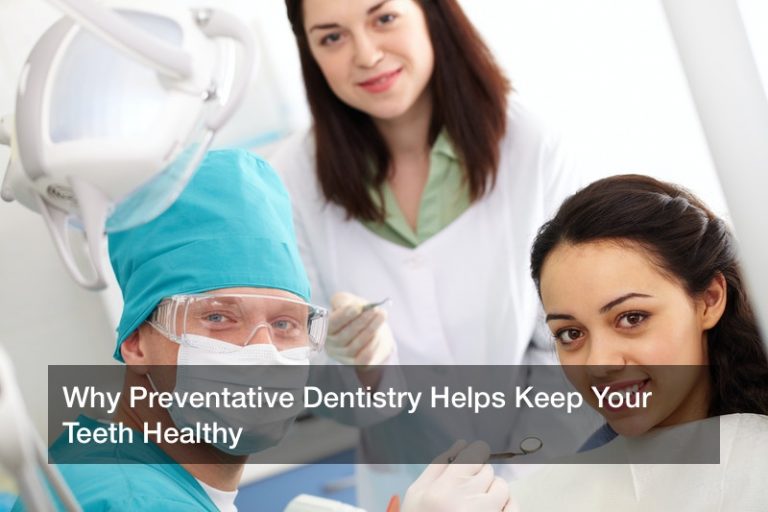
If you’ve ever been to the dentist, you’ve likely heard all the age-old tips from your dentist about brushing your teeth and making sure to floss and to avoid eating too much of certain foods.
There’s plenty of good reasons why your dentist always tells you these things: they are trying to keep your teeth healthy, most especially in children. When it comes teeth problems, the statistics don’t lie:
- Tooth decay is 20 times more common than diabetes and five times more common than childhood asthma.
- The Center for Health and Healthcare in Schools estimates that 51 million school hours are lost each year because of a dental-related illness.
- Approximately, 18.6% of children aged 5 to 19 suffer from untreated cavities.
- More than 40% of children have cavities by the time they reach kindergarten.
So what can you do to keep your teeth healthy and avoid extra trips to the dentist? You can practice preventative care on your teeth, also known as preventive dentistry. Preventative care is essentially caring for your teeth at home to keep them healthy and it will help you avoid things like gum disease, cavities and wearing down enamel.
Here are four preventative care tips to keep your teeth and your mouth healthy:
- Brushing daily: This is arguably the most important thing you can do when it comes to preventative care and it’s why your dentist constantly harps on you about it. Get yourself a good toothbrush (most dentists recommend electric toothbrushes) and a fluoride toothpaste. Brushing your tongue is a good practice too as it helps freshen your breath and removes bacteria.
For those who don’t know, the American Dental Association recommends brushing your teeth twice a day. - Flossing daily: Hand in hand with daily brushing is daily flossing. Doing this helps to clean the spaces between your teeth. If this isn’t something you do regularly, ask your dentist to give you a quick demo on how to do it the right way (this is a good way for kids to learn).
- Go to the dentist: It may not be everyone’s favorite activity, but there’s a lot of benefit to visiting your dentist on a regular basis. You should get a dental exam at least once a year and it’s an important step in preventative care, especially if you’re at high risk for dental issues. Many insurance companies cover two cleanings a year, so you’ll have a clean mouth without having to cough up money.
- Eat healthy:
Another way to promote tooth health is by eating healthy. This helps give your teeth all the proper nutrients they need. So limit your intake of sugar and make sure you’re drinking plenty of water. Eating a varied diet is also advised because you’ll get plenty of vitamins to keep your smile and keep your teeth healthy.
Even if you’re a regular follower of all the steps listed above, you may still be wondering, what does all this preventative care do? Plain and simple, it prevents dental issues and lessens the effects of things like periodontal disease, gingivitis and cavities. Practicing preventative dentistry benefits everyone, but most especially children who can establish good oral hygiene habits at an early age. These good habits allow their teeth to develop properly and help them avoid become statistics, like those mentioned above.
You may not know it, but by using good oral hygiene habits you not only prevent and lessen the risk of dental issues, but you also protect your overall health. Poor oral health has been linked to things like cancer, heart disease and diabetes to name a few things and has also been linked to some pregnancy issues like premature birth and low birth weight.
By practicing preventative care on a daily basis, you can do a lot to improve your oral health. By brushing and flossing regularly, eating right and visiting your dentist, you’ll keep your teeth clean, your smile bright and your body healthy.
